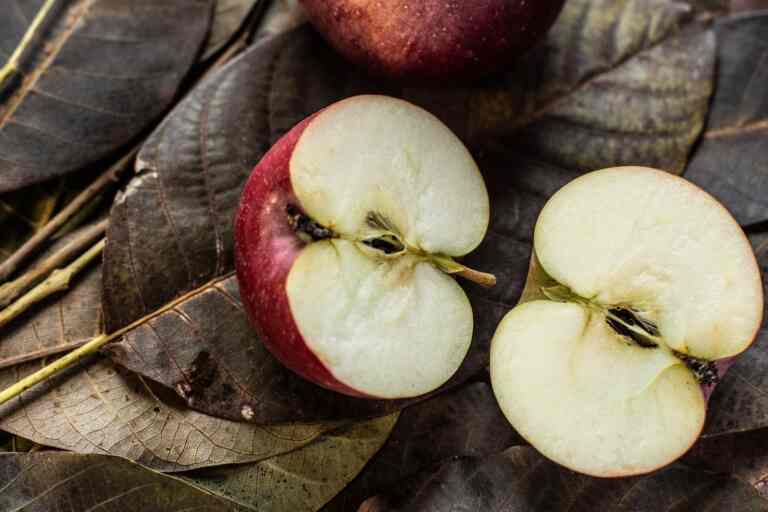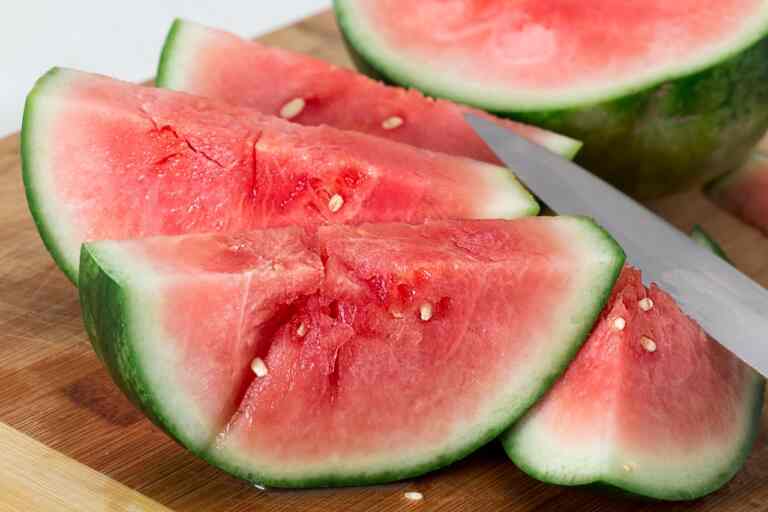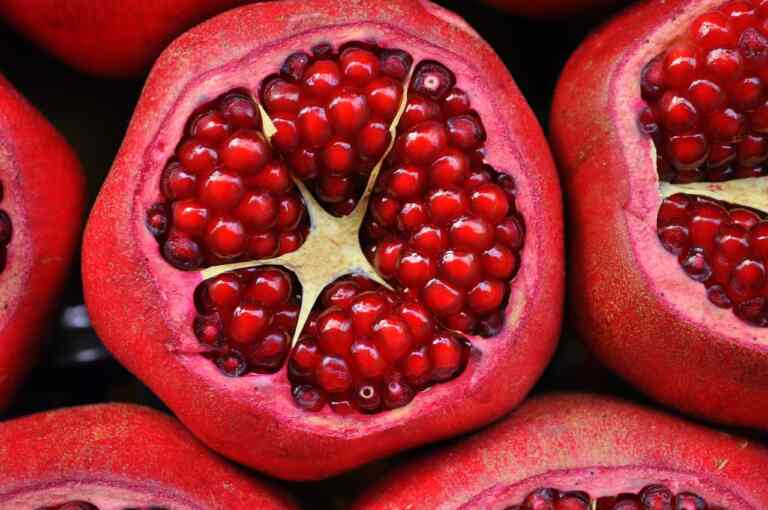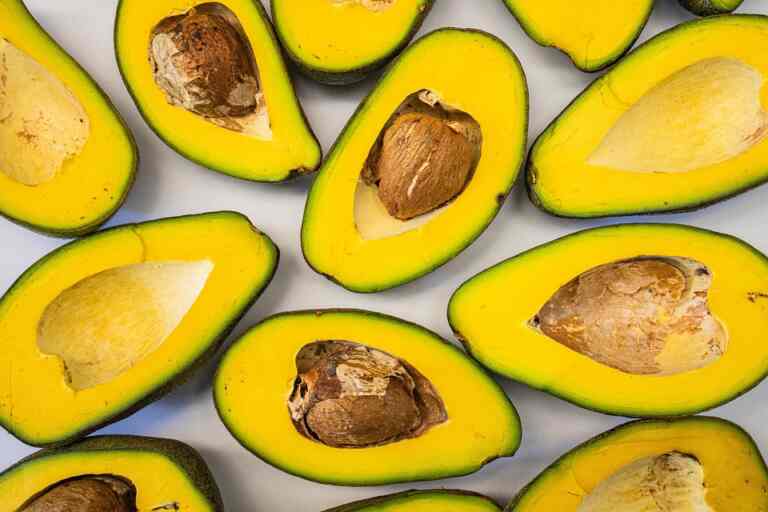Can We Eat Fruits After Meal?
Can we eat fruits after meal? Yes, you can eat fruits after a meal. In fact, eating fruits as a dessert after a meal can be a healthy choice. Fruits are a good source of vitamins, minerals, fiber, and antioxidants, which can help you meet your daily nutrient needs and maintain good health.
Eating fruits after a meal may also help you feel fuller for longer, reducing the likelihood of overeating and weight gain. However, it is important to note that some fruits, such as citrus fruits, may cause discomfort for some people if eaten on an empty stomach, so it is recommended to eat them after a meal instead.
In summary, it is perfectly fine to eat fruits after a meal, but it’s important to also consider your overall dietary habits and make sure that you are consuming a balanced and varied diet that meets your individual nutritional needs.
The Benefits & Risks of Eating Fruits After Meal
Eating fruits after a meal can have both benefits and risks, depending on a number of factors. Here are some of the benefits and risks of eating fruits after a meal:
Benefits:
- Provides important nutrients: Fruits are an important source of vitamins, minerals, and fiber, which are essential for good health. By eating fruits after a meal, you can ensure that you are getting the necessary nutrients your body needs.
- Aids digestion: Fruits are high in fiber, which can help promote healthy digestion and prevent constipation. Eating fruits after a meal can help keep your digestive system healthy and functioning properly.
- May help control blood sugar: Some fruits, such as berries, have a low glycemic index, which means they do not cause a rapid increase in blood sugar levels. Eating fruits after a meal can help regulate blood sugar levels, which is especially important for people with diabetes.
- Can help with weight management: Fruits are low in calories and high in fiber, which can help you feel full and satisfied after a meal. This can help prevent overeating and aid in weight management.
Risk
- May cause discomfort: Eating fruits after a meal can sometimes cause discomfort or digestive issues. Especially if you eat too much or have a sensitive stomach. This is especially true for acidic fruits like oranges, grapefruits, and pineapples, which can cause heartburn or reflux.
- Can lead to overeating: While fruits are low in calories. They still contain sugar and can contribute to overall calorie intake. If you eat too much fruit after a meal, it can contribute to overeating and weight gain.
- Can interfere with nutrient absorption: Some fruits, such as papaya and pineapple, contain enzymes that can interfere with the digestion of proteins. Eating these fruits after a meal that contains protein can reduce the absorption of protein and other important nutrients.
Overall, eating fruits after a meal can be a healthy choice for most people. However, it is important to listen to your body and pay attention to any digestive issues or discomfort that may arise. It is also important to balance your intake of fruits with other healthy foods. And to eat a varied and balanced diet that meets your individual nutritional needs.
How to Make the Best of Eating Fruits After Meal
Eating fruits after a meal is a great way to promote digestion and get some additional nutrients into your body. Here are a few tips on how to make the best of eating fruits after a meal:
- Choose a variety of fruits: Eating a variety of fruits can provide you with different nutrients, vitamins, and minerals. Try to include different colors of fruits such as berries, citrus fruits, apples, and bananas.
- Time it right: It’s best to eat fruits about 30 minutes after a meal to aid in digestion. If you eat fruits immediately after a meal, it can slow down the digestion process.
- Don’t overdo it: Fruits are healthy, but they also contain natural sugars. Be mindful of the amount you consume and avoid eating too much. It can lead to a spike in blood sugar levels.
- Mix it up: You can add fruits to a salad or blend them into a smoothie. This can be a fun and tasty way to incorporate fruits into your diet.
- Consider the season: Choose fruits that are in season. They will be fresher, tastier, and less expensive.
- Wash your fruits: Before eating any fruit, be sure to wash it thoroughly to remove any dirt or bacteria.
Overall, incorporating fruits into your diet is a healthy habit. By following these tips, you can make the most out of eating fruits after a meal and enjoy their many benefits.

Is Fruits After Meal a Healthy Option?
Yes, eating fruits after a meal is generally considered a healthy option. Fruits are packed with vitamins, minerals, and antioxidants, which can help to support overall health and wellbeing. Additionally, eating fruits after a meal can aid in digestion and help to balance blood sugar levels.
However, it’s important to be mindful of the quantity and timing of fruit consumption. Eating too many fruits, especially those that are high in natural sugars. It can lead to an unhealthy spike in blood sugar levels. Additionally, eating fruits immediately after a meal can slow down the digestion process, which may lead to discomfort or bloating.
To make the most of the health benefits of fruits. It’s recommended to eat a variety of fruits in moderation, about 30 minutes after a meal. This can help to support healthy digestion and provide the body with a range of essential nutrients.
A Definitive Guide to Eating Fruits After Meal
Eating fruits after a meal is a healthy habit that can provide your body with essential nutrients and support digestive function. Here is a definitive guide to eating fruits after a meal:
- Choose a variety of fruits: Eating a variety of fruits can provide your body with a range of essential vitamins, minerals, and antioxidants. Try to include a mix of different colors of fruits, such as berries, citrus fruits, apples, and bananas.
- Time it right: It’s recommended to eat fruits about 30 minutes after a meal to aid in digestion. This can help to prevent discomfort, bloating, or indigestion. Waiting 30 minutes allows the stomach to empty out partially and prepares it for digestion of fruit.
- Moderation is key: Fruits are healthy, but they also contain natural sugars. Be mindful of the quantity you consume and avoid eating too many, which can lead to a spike in blood sugar levels.
Overall, eating fruits after a meal is a healthy habit that can support digestion and provide your body with essential nutrients. By following these tips, you can make the most out of eating fruits after a meal and enjoy the many health benefits they provide.
Conclusion
In conclusion, it is generally safe and healthy to eat fruits after a meal. Fruits are packed with essential vitamins, minerals, and antioxidants that support overall health and wellbeing. Eating fruits after a meal can also aid in digestion and help to balance blood sugar levels. However, it’s important to be mindful of the quantity and timing of fruit consumption. Consuming too many fruits, especially those that are high in natural sugars, can lead to an unhealthy spike in blood sugar levels.
Additionally, eating fruits immediately after a meal can slow down the digestion process, leading to discomfort or bloating. It is recommended to eat fruits about 30 minutes after a meal and to consume a variety of different fruits in moderation. By following these guidelines, you can make the most out of eating fruits after a meal and enjoy their many health benefits.
Related Posts
This article is reviewed by Russel, before publishing. If you have any doubt, you can contact us or consult with your nearby doctor. Remember, in medical matters, there is no same advice, cure, and medicine for all.







